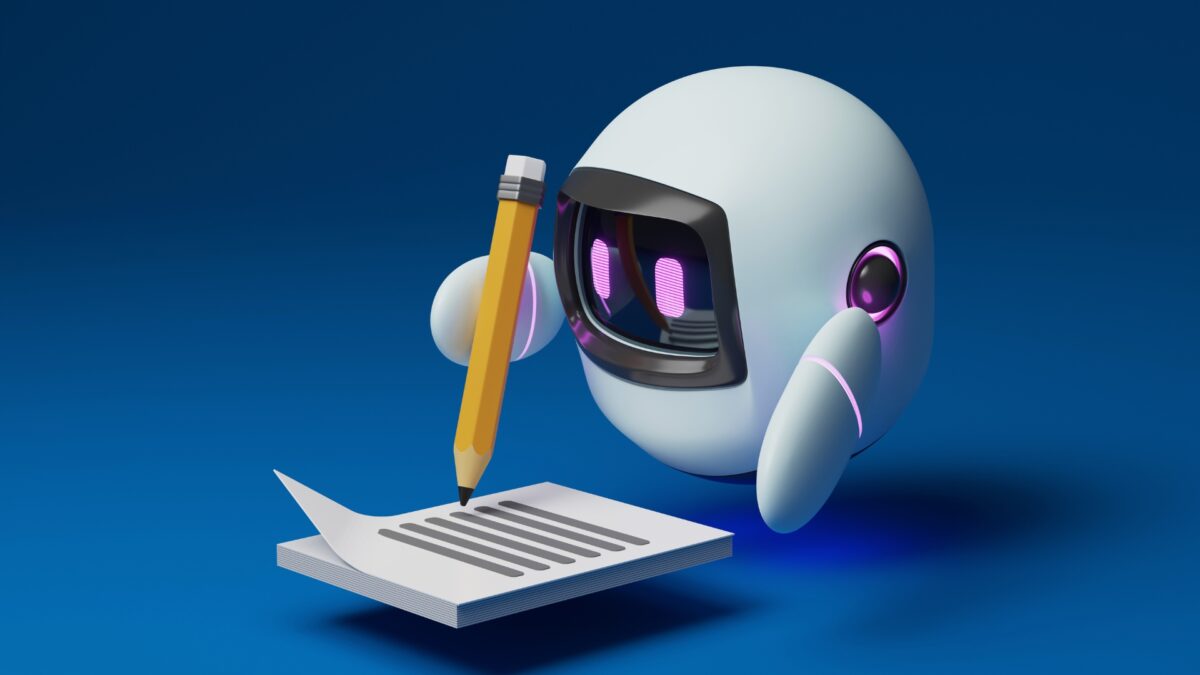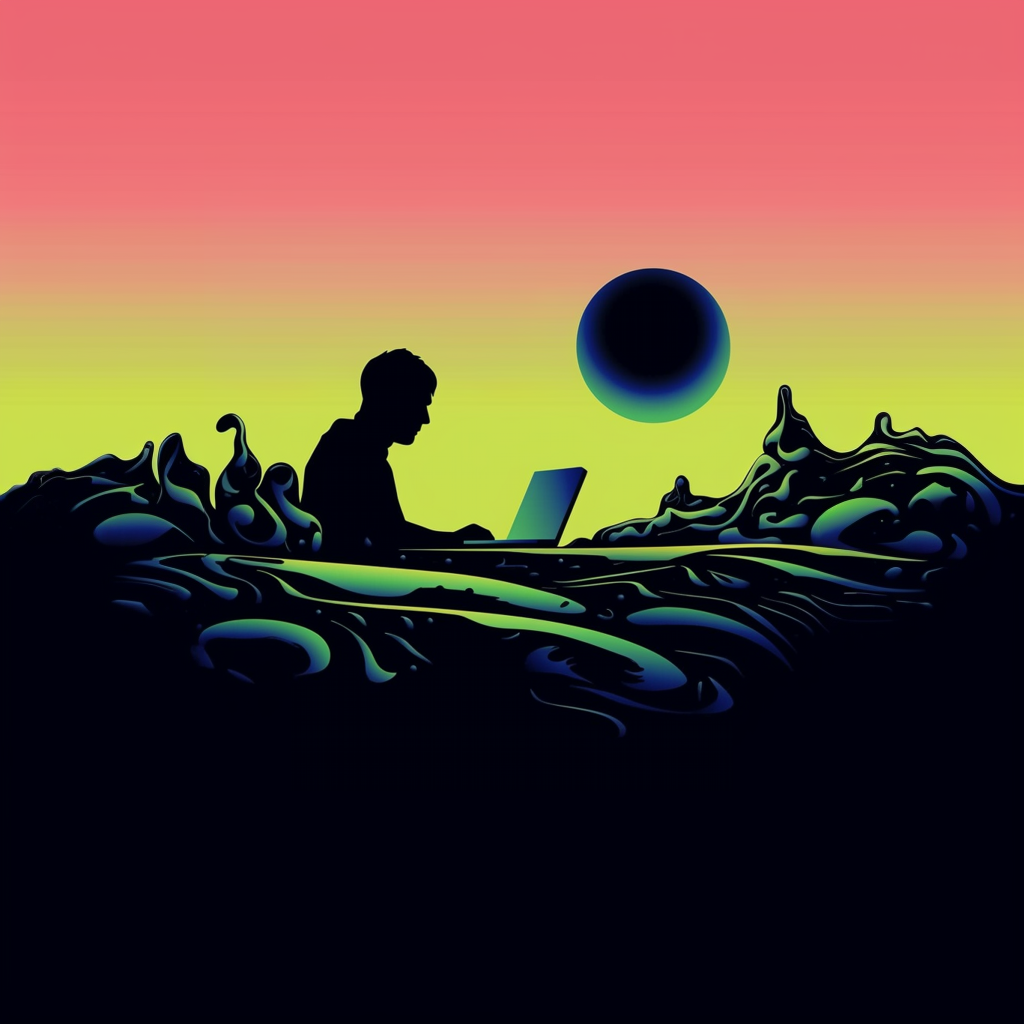Welcome to Now AI, your weekly breakdown of the most compelling developments happening in artificial intelligence.your trusted source for the most intriguing advancements in artificial intelligence each week. Whether you’re an AI enthusiast, artist, or just intrigued by technological progress, this is your hub for in-depth insights, expert interviews, and tools changing the landscape.
In this week’s edition, we spoke with the talented Tomeo, who reveals the secrets behind animating AI-generated art in Midjourney. We’ll also delve deep into the contentious copyright arena, the rise of AI in both the literary and creative world, and our latest roundup in AI tools that can make your life easier. Let’s dive in.
In the Know: This Week in AI
AI-Generated Content Raise Copyright Concerns For Creatives
In recent developments, AI-generated content has stirred significant controversy in both the art and literary domains, underlining the complex nature of copyright issues and the authenticity of AI-assisted creations.
Dungeons & Dragons, the iconic role-playing game franchise, announced its decision to prohibit using artificial intelligence to create its artwork. The decision came after discovering that an artist they had collaborated with for years utilized AI technology for commissioned pieces for an upcoming publication. Many fans raised eyebrows at certain artwork, speculating its AI origins based on visible glitches, a common trait of AI-generated visuals.
In the literary world, author and journalist Jane Friedman highlighted a growing issue with AI-generated content on platforms like Amazon. Several books on writing and publishing topics, falsely attributed to her name, appeared alongside her genuine publications on the platform. Suspecting AI’s role in generating these counterfeit books, Friedman voiced her concerns about AI-generated content’s challenges to authors’ reputations and the book publishing industry.
Amazon’s stance on the matter has raised eyebrows, with their requirement of a trademark registration to validate Friedman’s claim. The situation emphasizes the need for clear guidelines and regulations surrounding AI-generated content and its authenticity.

These incidents have sparked a debate on the increasing influence of AI in creative fields and how it intersects with copyright laws. Many art and music sectors have reconsidered protocols and awards standards. Moreover, there have been instances where visual artists sued AI companies for using their work without permission to train image-generating algorithms.
As AI becomes integral to our creative processes, the need for clear copyright guidelines, ensuring protection for genuine creators, and maintaining authenticity becomes paramount.
Reports also suggest that online platforms, primarily Amazon, have been flooded with AI-generated travel guides. These guides often bear high-quality cover designs, author biographies, and a mix of rave reviews, misleading potential buyers. Notably, while AI can churn out vast amounts of generic content quickly, the material often lacks authenticity and in-depth knowledge.
These developments are a culmination of AI tools. AI applications generate text and counterfeit portraits; websites offer vast stock photos; platforms like Amazon’s Kindle Direct Publishing, which lack stringent AI usage restrictions; and the unchecked practice of buying and posting fake online reviews. This not only flouts Amazon’s policies but may also soon be under stricter FTC oversight.
Spotify’s AI DJ Feature Goes Global, But Remains English-Only
Spotify has expanded its AI-driven “DJ” feature to approximately 50 markets worldwide after introducing it in North America six months ago. Accessible via the Spotify mobile app’s “music” feed, the DJ feature offers users a personalized music experience supplemented with synthetic voice commentary, akin to an individualized radio DJ show. Originally launched in the U.S. and Canada, it reached the U.K. and Ireland three months later. Although available in countries like Sweden, Australia, and Singapore, the feature remains in English, with most of the European Union still awaiting its debut.

5 AI Tools That Will Make Your Life Easier
Ai is revolutionizing productivity at a rapid pace. Here are five tools you can’t live without and can boost productivity!
1. Copy.ai
A premier AI-powered writing tool. Leveraging OpenAI’s GPT-3 for versatile content generation, from blog headlines to web copy.
2. clipdrop.co
Create stunning visuals in seconds with AI. ClipDrop is a suite of visual editing and creation tools that offer a plethora of features like tools for background removals, object cleanup, image upscaling, relighting, and more.
3. Mem.ai
Taking notes has never been easier. Mem simplifies the organization of your notes by tagging and connecting them automatically.
4. waveformer.replicate.dev
Make music from text. Facebook research crafted the tool with 20,000 hours of licensed music for training.
5. Decktopus.com
Make a presentation in seconds. Provide your presentation topic, audience and objective, and the tool will generate a full presentation with slides and text.

/Prompty: AI GIF Animations with Tomeo
If you’re familiar with the realm of AI image generation, then the name ‘Midjourney’ surely rings a bell. Boasting an impressive community with over 13 million active members in its Discord server, with a staggering million always online, Midjourney has shown no signs of slowing its momentum.
Contrary to popular belief, harnessing the power of tools like Midjourney isn’t as simple as keying in a couple of words and waiting for magic to happen. The craft of “prompting” – meticulously fine-tuning the input for the AI model – demands both skill and creativity. Each update brings new tools, adding layers of complexity in achieving that perfect image output.
Now, with the introduction of Midjourney’s Version 5, the game has changed once again. Users can not only craft mesmerizing images but also breathe life into them, creating short, captivating animations from their generated art.
For this week’s /Promptly, we spoke to AI-collaborative artist Tomeo about taking your AI generated art to the next level through short animations, using Midjourney.
Image To Animation Process
Tomeo: One of my favorite techniques in Midjourney is creating frame-by-frame GIF animations. It’s relatively simple to do, and let’s try making a GIF animation using the following prompt:
“A burning skull in the window, Edward Hopper style –v 4.”

This method works only with version 4. We’ll generate a grid of images, and then we’ll upscale a suitable image multiple times in a row. Each time the image is upscaled, it is slightly different, which is precisely what we need. Sometimes, we might need to generate more images than necessary to find frames that blend well together.
Once the frames are ready, the next step is to assemble the animation in Photoshop, After Effects, or any other animation editing software of your choice.
The second method works with version 5. It involves making slight adjustments to the “stylize” parameter (—s) by 1-10 points while using the same “seed”. Let’s generate four grids of images with the following prompts:
“A green, blue, and pink skull with puddles of paint on a black background, in the style of cyberpunk manga, silkscreen, anton fadeev, glitches, michael cho, technological design, intense close-ups –v 5.1 –seed 696969 –s 1.”
“A green, blue, and pink skull with puddles of paint on a black background, in the style of cyberpunk manga, silkscreen, anton fadeev, glitches, michael cho, technological design, intense close-ups –v 5.1 –seed 696969 –s 2.”
“A green, blue, and pink skull with puddles of paint on a black background, in the style of cyberpunk manga, silkscreen, anton fadeev, glitches, michael cho, technological design, intense close-ups –v 5.1 –seed 696969 –s 3.”
“A green, blue, and pink skull with puddles of paint on a black background, in the style of cyberpunk manga, silkscreen, anton fadeev, glitches, michael cho, technological design, intense close-ups –v 5.1 –seed 696969 –s 4.”

Similar to the first method, we’ll assemble the animation from the resulting frames in our favorite software.
The second approach creates smoother animations, but it may not work perfectly with every prompt, as some frames might turn out too similar. To achieve the best results, experimentation is necessary.
Such animations can serve as an excellent foundation for glitch art, and with manual tweaking, very intriguing results can be obtained.
Experiment and enjoy the process!
AI Candy
This week, we’re spotlighting inspiring art pieces, mesmerizing videos, and other captivating creations that caught our eye, all born from the collaboration of artificial intelligence and human imagination.



 (@ingi_erlingsson)
(@ingi_erlingsson)